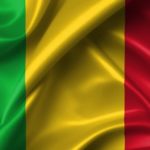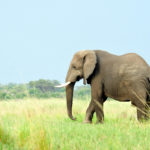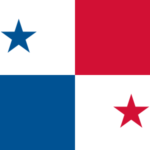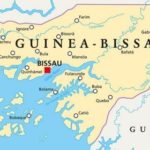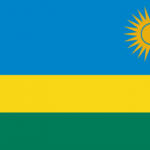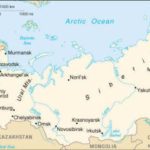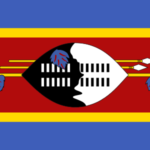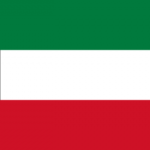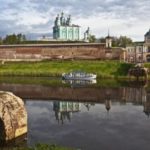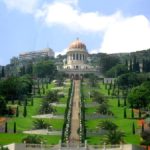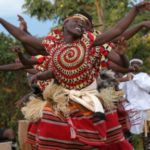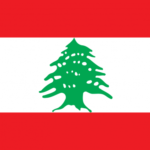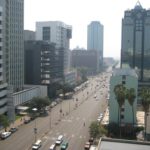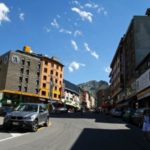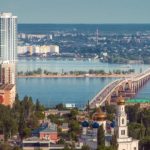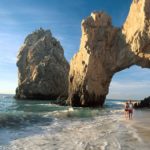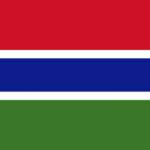Interesting facts about Sudan
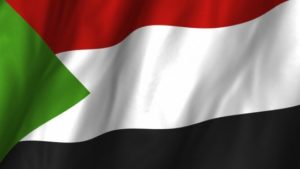 Sudan is a country with a rich but heavy history. Irresponsible actions of the colonizers led to the fact that the Sudan for many decades turned into a continuously bubbling hotbed of insurgents and rebels of all stripes, and only recently the situation here has at least relatively calmed down. Tourists in Sudan have nothing to do, although there are brave travelers who are not afraid to visit this so little explored corner of the Earth.
Sudan is a country with a rich but heavy history. Irresponsible actions of the colonizers led to the fact that the Sudan for many decades turned into a continuously bubbling hotbed of insurgents and rebels of all stripes, and only recently the situation here has at least relatively calmed down. Tourists in Sudan have nothing to do, although there are brave travelers who are not afraid to visit this so little explored corner of the Earth.
Western colonizers established the borders of the Sudan, completely ignoring the interfaith and economic ties that existed in the region. As a result, during almost all of its history the country was in a state of civil war. In 2011, the strife ended with the separation of South Sudan, which as a result of the subsequent referendum became an independent state.
On the border of Egypt and Sudan is an area of more than 2 thousand kilometers, which does not belong to anyone. Originally it was the territory of the Sudan, but then the British government changed the administrative boundary between the countries, giving the area to the possession of Egypt. Later, Cairo demanded to return to the old borders and refused the territory given to him, and the Sudan preferred to leave everything as it is and did not return land to itself.
Tourists with a visa to Israel in their foreign passport are closed to the Sudan, as well as to many other Muslim countries. The ban applies even to those foreigners who have a Sudanese visa.
In Sudan, marriages with the dead are allowed – so-called “ghostly marriages” are often concluded by pregnant women, in order to legitimize children from their beloved losers.
Forests occupy only 10% of the Sudan.
Most of the roads in Sudan are not asphalted and therefore completely unsuitable for travel during the rainy season.
Cargo transportation in Sudan is poorly developed – either porters or pack animals are engaged in the delivery of goods.
The name of the capital of Sudan, the city of Khartoum, is translated from Arabic as “elephant’s trunk”. The fact is that the city was based on the cape Ras al-Khartoum (“The tip of the elephant trunk”).
The largest and most popular museum in the country is the National Museum of Sudan, located in the capital. Part of the exposition located in the gardens around the museum building are two religious buildings of the ancient Egyptians: the Buchan temple and the Semna-temple. They were transported to Khartoum due to the construction of a dam and the flooding of the territory where the temples were originally built.
In the capital near the confluence of the White and Blue Nile is an unusual amusement park, from which, moreover, offers a beautiful view of the river.
Sudan is the world’s largest importer of gum arabic, which is used to make medicines and paints.
Contrary to popular belief, most of the pyramids are located in the Sudan, not Egypt. According to archaeologists, there are more than 220 pyramids in the expanses of the former Nubia, ranging in height from 20 to 30 meters.
Tourists are not advised to travel outside Khartoum, as cases of abduction of foreigners are not uncommon in the country.
The basis of Sudan’s national cuisine is beans.
In Sudan waiters, maid and other service personnel are not allowed to leave a tip.
In Sudan, the sale and consumption of alcohol is prohibited, since the country lives according to the laws of Islam.
In Sudan, even to wash you need boiled water, because the water from the tap is teeming with microbes. Bathe in local rivers and other fresh water bodies is also strongly discouraged.
On the territory of the Sudan there is a large archaeological complex “The Great Wall” – these are the ruins of ancient monuments erected around the 3rd century BC. Scientists have not yet reached the final conclusion about the appointment of these buildings.
Fans of diving from all over the world come to Sudan for the opportunity to dive in the untouched part of the Red Sea.

